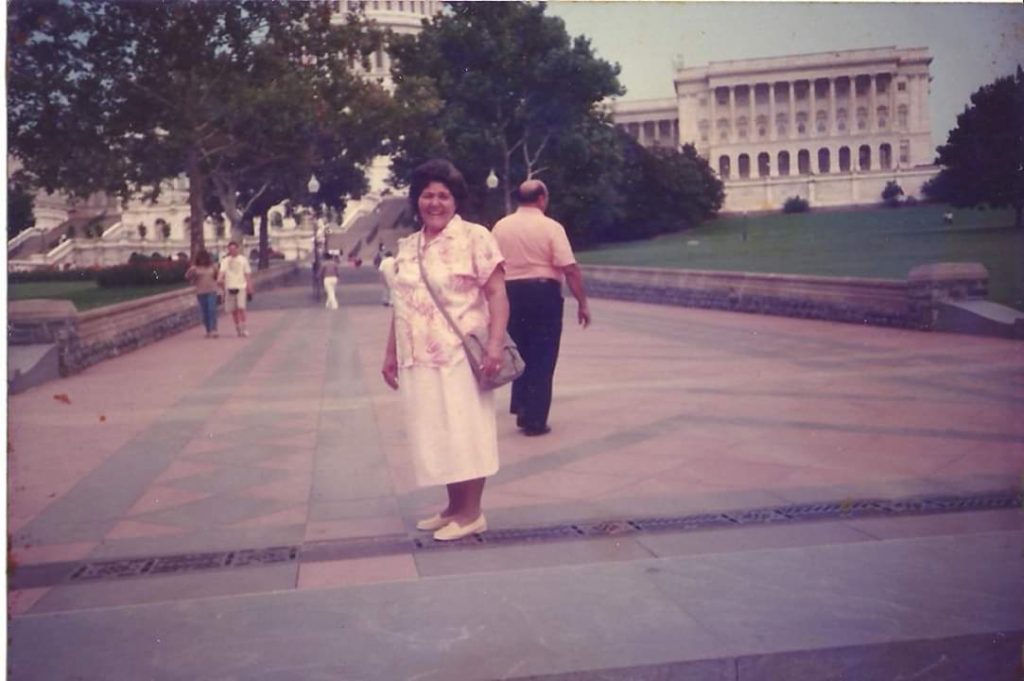
By: Cassandra Cronin
The concept of human rights for the dead, an idea we discussed in Kathryn Poethig’s morning session, was new to me. The sessions thus far have only focused on fighting for the rights of the living while holding those responsible for violence accountable for their actions. We’ve neglected to discuss how death can have a lingering impact on communities, or the different ways in which communities cope with those deaths. Kathryn specifically mentioned the My Lai massacre, or the mass murder of South Vietnamese civilians by U.S. troops during the Vietnam War, to provide an example of an entire community dealing with the effects of violence and death. After the massacre, locals told stories of how they saw, and sometimes communicated with, the ghosts of loved ones killed in the massacre. She also mentioned the story of a Vietnamese war veteran who was haunted by the ghost of a fallen U.S. soldier after peeing on his grave. Months later, the Vietnamese veteran was experiencing terrible migraines, which finally subsided when he made sure the U.S. soldier’s body was returned to his family in the U.S.
Although these stories are moving, I’m not sure about how I feel about ghosts or spirits. I did grow up hearing family members talk about them. My mother’s has shared that she dreams of passed loved ones from time to time. When she wakes up she scrambles to understand the hidden messages in the dream as if they’re trying to give her advice or warn her of upcoming difficulties. The prospect of communicating with passed loved ones through dreams is difficult for me to grasp—I’m fortunate to have never lost anyone close to me. I do understand that dreaming of passed loved ones is my mom’s way with coping with that loss, and reassuring her that even if they’re not with her physically, they’re with her spiritually. I think I’ll eventually find a lot of comfort in dreaming about loved ones as well as a way to remember them.
The afternoon session’s focus on Judith Butler’s notion of “livability” was fascinating, and I think it fits in well within peacebuilding. Butler defined livability (how viable or livable one’s life is) as being directly related to the implicit and explicit factors that determine how precarious (how easily someone’s life can be injured or destroyed) one’s life is. First, I thought that the notion of livability could be a useful tool in understanding other’s position in life in connection to their precariousness. Livability could be used to explain that everyone is struggling against factors in and out of their control, and that people who don’t adhere to the gender binary and dominate heterosexual behavior experience greater precariousness. Another aspect of Butler’s argument that stood out was the ethical dilemma of livability—specifically, whether living a “bearable” life was good enough. This connected very well to the article we were assigned to read on refugees, which one could argue live bearable (or less than bearable) lives.


